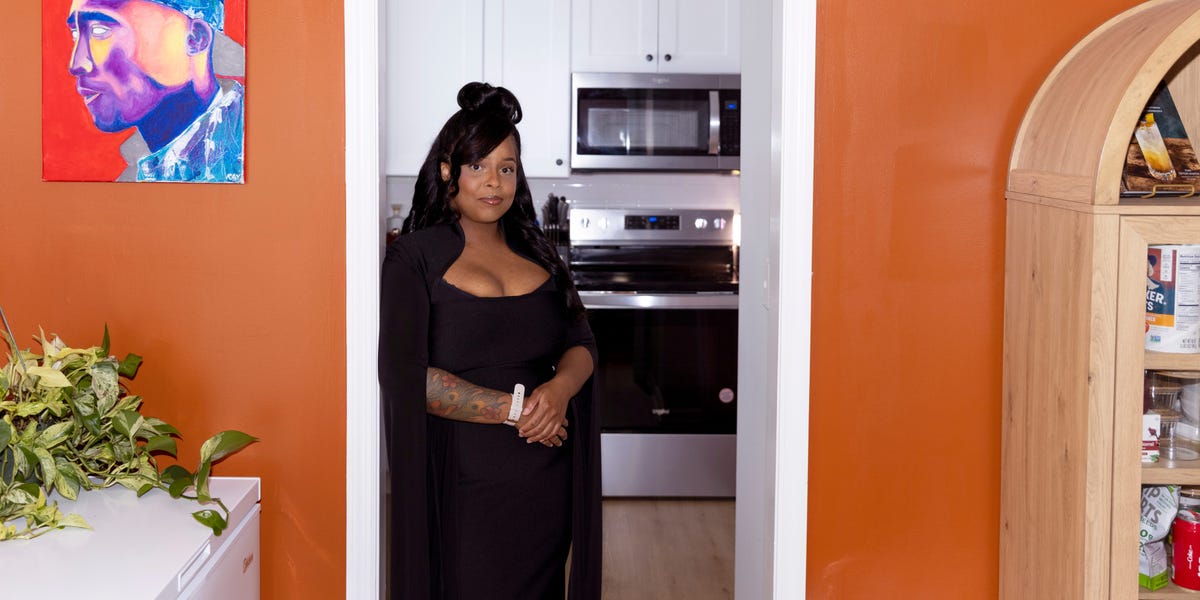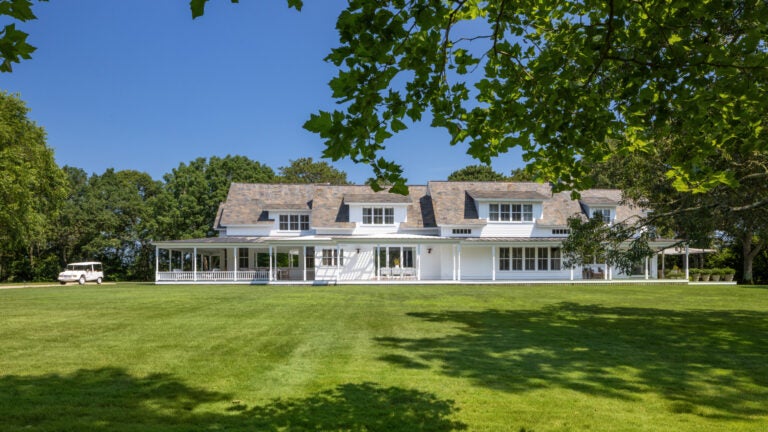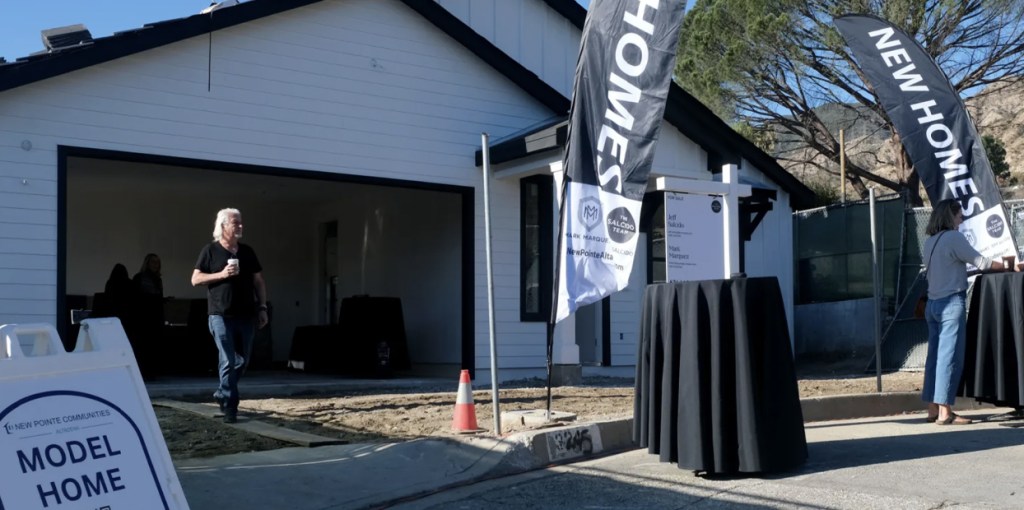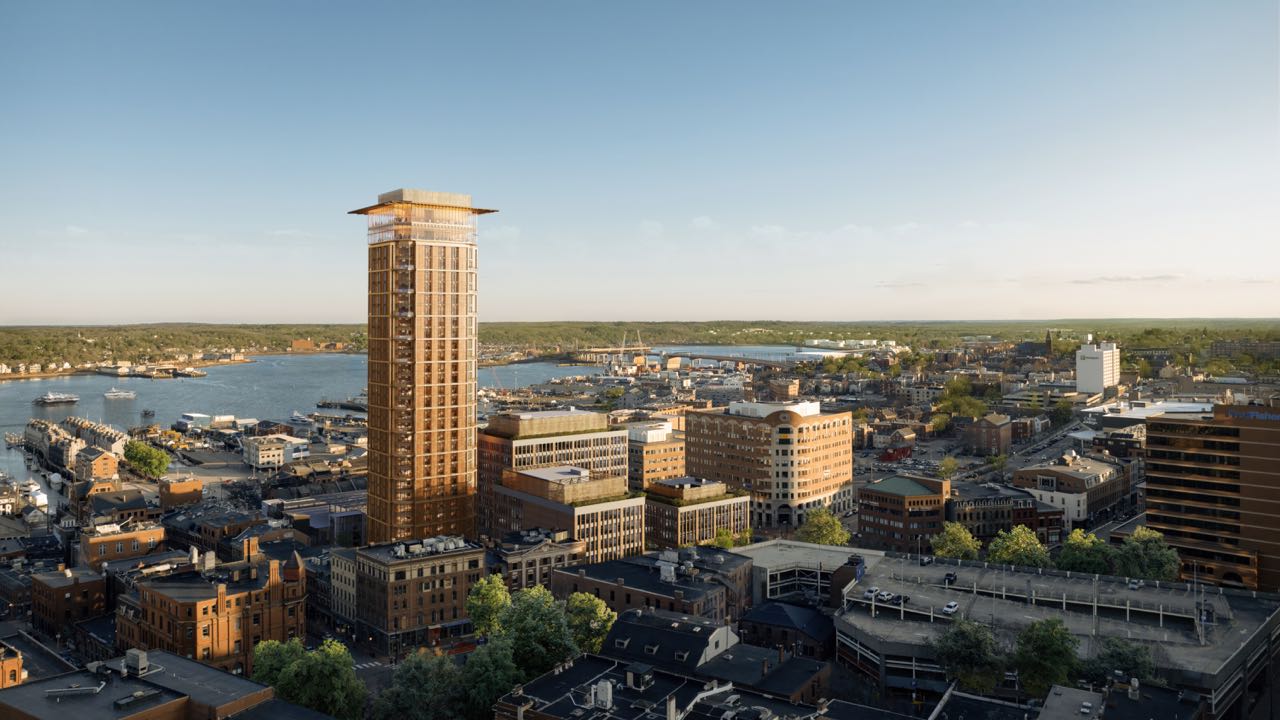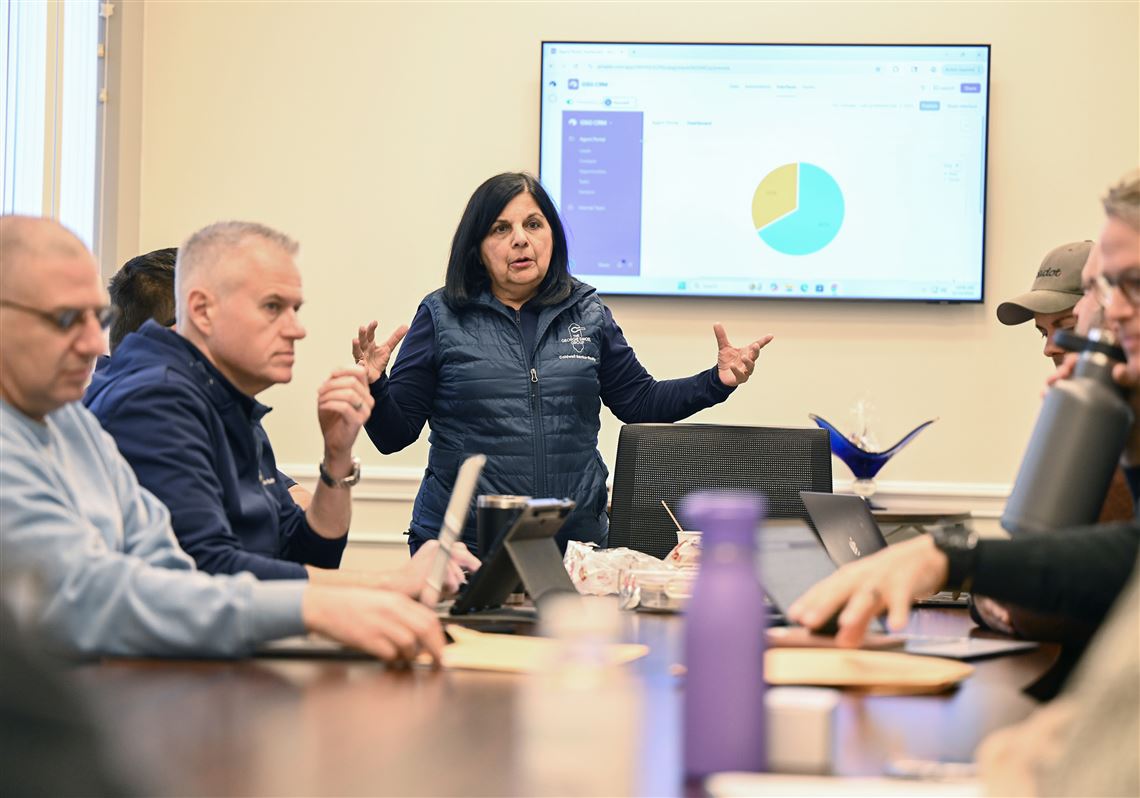A
lthea McBride spent the past year turning a new Georgia home into a personal sanctuary. After a decade in Los Angeles, she seized a $5,000 relocation grant from Columbus’s remote‑worker incentive program, which also offered a year’s membership to the local aquatics center and a coffee with the mayor. The financial boost, coupled with a lower cost of living, enabled her to purchase a three‑bedroom house for $175,000—half the monthly rent she paid in LA.
Her living room and hallway walls are matte black, providing a dramatic backdrop for African sculptures and art. The dining room, painted burnt orange, showcases vinyl records from Aretha Franklin to Kendrick Lamar. “I used Canva to design before moving in, downloading Zillow photos and remodeling exactly how I pictured it,” she told Business Insider. The house now reflects her “Afro‑boho” aesthetic, a vision she could not have imagined as a 34‑year‑old in Los Angeles.
McBride’s journey began with typical millennial hurdles: college debt, successive layoffs, and a $3,400 monthly rent in Woodland Hills. The median home price in that area hovered around $1.2 million, making ownership unattainable. She considered upstate New York and Virginia, but a viral post about Columbus’s incentive program caught her eye. “If it’s meant to be, I’ll apply,” she said. Accepted in May 2024, she closed on her new home in August.
The move offered more than just savings. With a mortgage of about $1,500 a month, she now has space to pursue hobbies like gardening. In California, she grew produce on a patio using storage bins with drainage holes. In Georgia, she plans a greenhouse and already cultivates lettuce, blueberries, bananas, onions, peppers, and eggplants. “In California, you need money for a yard; here, I can build a greenhouse,” she explained.
Adapting to small‑city life required effort. Initially, she relied on Atlanta—just a two‑hour drive—for shopping and socializing, noting the nearest Trader Joe’s was there. Over time, she joined the Urban League of the River Valley and the Columbus chapter of the National Council of Negro Women, attending galas and community events. “Everyone knows each other or someone else, which helps when you’re new,” she observed.
The $5,000 incentive was a welcome supplement but not the sole motivator. The program’s promise of community events and networking eased her transition. She attended dinners with other participants and coffee meetings with Mayor B.H. “Skip” Henderson III, who outlined Columbus’s future vision. “With this, you’re not just moving; you’re building a community,” she said. McBride now sees herself contributing to that vision for at least the next couple of years.
In sum, Althea McBride’s relocation from Los Angeles to Columbus, Georgia, illustrates how financial incentives, lower housing costs, and community engagement can transform a life. Her new home, decorated with personal flair, supports her gardening ambitions and offers a slower pace of living—an outcome she never imagined in her 30s.
